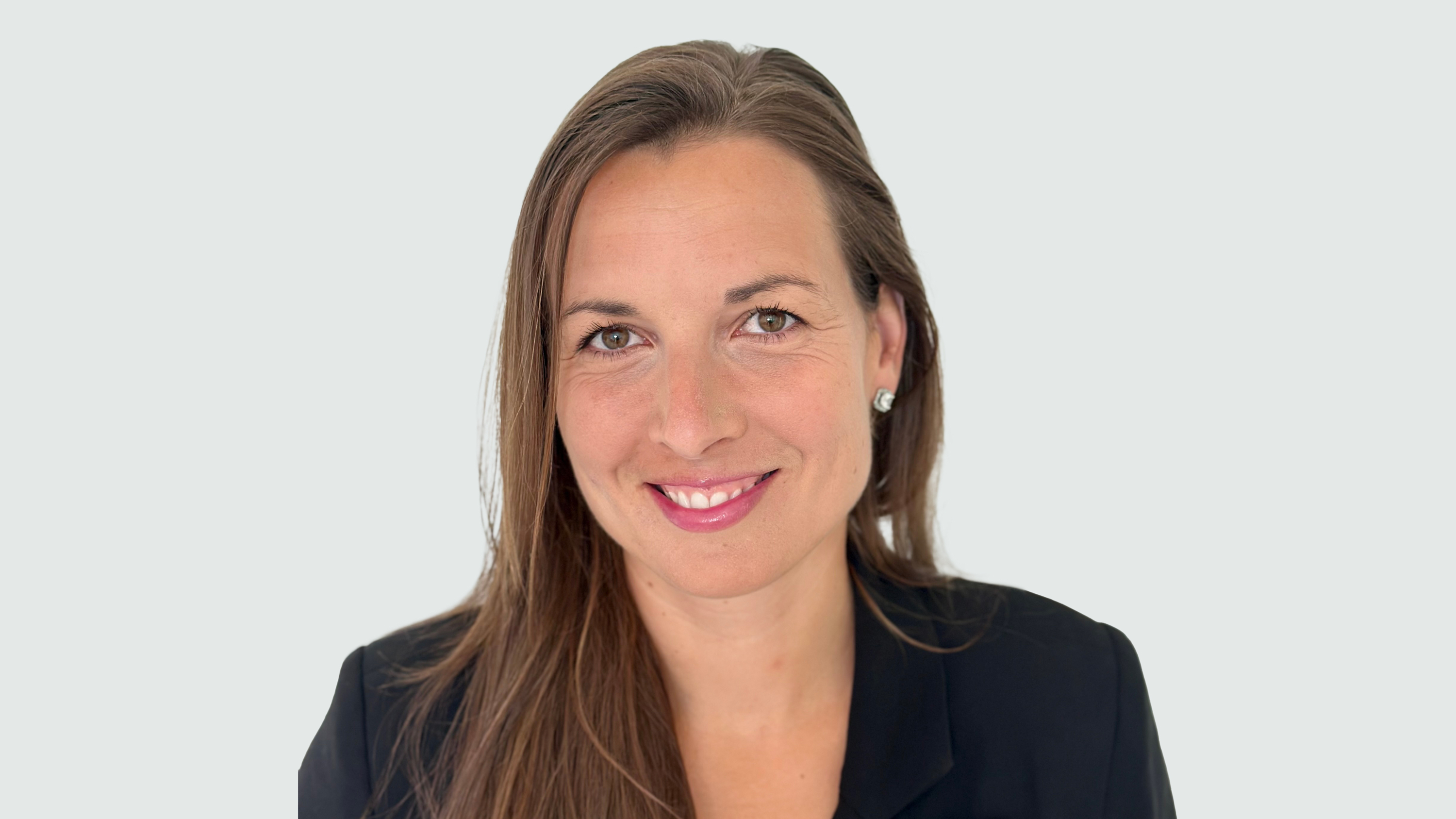Researcher/speech-language pathologist brings a desire to improve services for young children with language-comprehension difficulties to her new role at U of A
13 July 2023

Pamela Filiatrault-Veilleux
Pamela Filiatrault-Veilleux brings a passion for supporting children with language-comprehension difficulties to her position as assistant professor in the Department of Communication Sciences and Disorders (CSD) in the University of Alberta’s Faculty of Rehabilitation Medicine. She begins her new role on Sept. 1, 2023.
Filiatrault-Veilleux has a PhD in experimental medicine (speech-language pathology) from the Université Laval and completed a Social Sciences and Humanities Research Council postdoctoral research fellowship at the Centre for Research on Early Child Health and Education at Simon Fraser University. Her research focuses on language comprehension in young children. She has taught both undergraduate and graduate-level courses and has trained more than 400 of her peers in the assessment and intervention of language comprehension.
We contacted Filiatrault-Veilleux to find out more about her, her research and what she’s looking forward to at the U of A.
What first inspired you to enter the field of rehabilitation medicine?
I have always been interested in working with young children with support needs. From a young age, I’ve always been very curious to learn more about how to better provide support to children with diverse developmental profiles and support needs. Speech, language and communication difficulties are important barriers to social participation and overall well-being. Pursuing my study in the field of rehabilitation medicine, especially in speech-language pathology, was a perfect fit for me.
Can you explain your area of research?
My research interests focus on language comprehension (receptive language) of young children. The goal of my research is to improve assessment and early intervention, targeting receptive language for all young children. Of note, my PhD led to the creation and publication of an assessment tool of inferential comprehension (i.e. the ability to understand complex questions targeting implicit information mentioned in a story), entitled Évaluation de la Compréhension Inférentielle en Récit, ÉCIR. We have recently translated the tool into English (Inferential Comprehension in a Narrative – Assessment, ICNA).
At the U of A, I’m planning to use the ICNA to assess inferential comprehension abilities of young children with developmental language disorders and to work on the elaboration of evidence-based intervention programs. I also enjoy collaborative research and I am looking forward to working on a few research projects with researchers across Canada and internationally.
Why did you choose this research topic to pursue?
Most of the research so far has focused on expressive language of children, but there is still a lot of work to do around improving assessment and intervention provided to children presenting language-comprehension difficulties. Language comprehension is crucial to social interaction, understanding instructions in the classroom, reading comprehension, etc. It is therefore of utmost importance to understand how we can better provide support to children with difficulties in these areas.
How do you hope your research will be of benefit to people?
I hope to be able to benefit the clinical practice of speech-language pathologists across Canada, including those providing services in a French-language minority context, and to improve the quality of services provided to young children presenting language-comprehension difficulties with diverse developmental profiles and support needs.
What drew you to the U of A?
Many things! Among those, the quality of the well-established program offered in speech-language pathology (SLP), the opportunities for collaboration with an amazing team of researchers in CSD and the Faculty of Rehabilitation Medicine, and the possibility to improve access to SLP services in French-language minority contexts in Western Canada, including the opportunity to be involved in the Certificate in Francophone Practice for Speech-Language Pathologists.
What are you most excited about in your new role in the faculty?
I can’t wait to be able to do research projects that I’m passionate about and to help improve the quality of services in the field of speech-language pathology. I am also really looking forward to teaching and supervising students in CSD, creating great connections with them and working collaboratively.
Which classes will you teach?
I will be teaching CSD 211/LING 319 Language Development in Children and Adolescents in the spring of 2024. I will also be able to supervise students enrolled in CSD 900 Directed Research Project.
What’s the No. 1 piece of advice you give your students?
Make sure you are passionate about what you are doing and enjoy the learning process, because building knowledge takes time.
Can you tell us something that others would be surprised to learn about you?
During my baccalaureate and master's degree study, I used to be a student-athlete in swimming. Of note, I was nominated among the top eight Academic All-Canadians in 2008-09, won two gold medals at the Canadian Interuniversity Sport championship in 2009 and represented Canada at the International University Sports Federation World University Games in Belgrade, Serbia that same year. These years were amazing at helping me learn how to balance training and studying (while enjoying the training process!), developing a great work ethic and working collaboratively towards a goal. Apart from swimming, I also enjoy running and have completed five marathons so far!